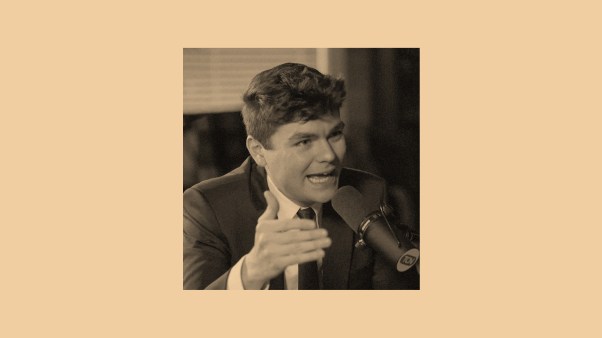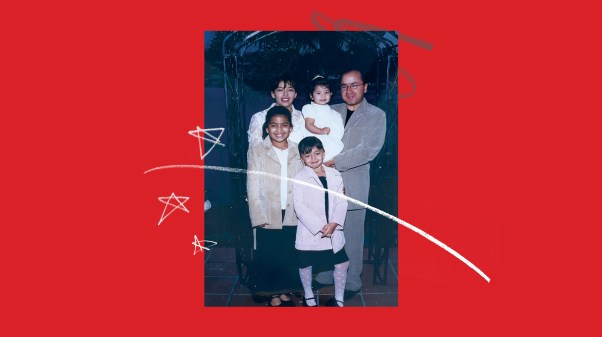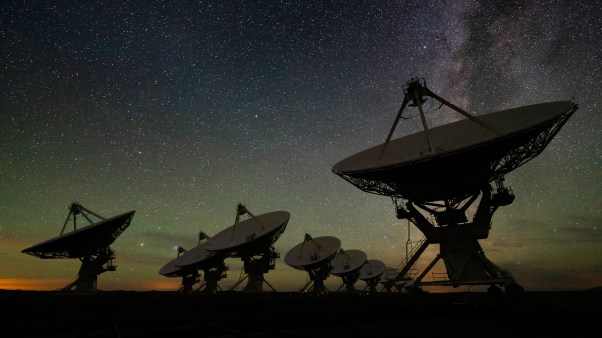In her column for USA Today's Monday religion slot, TIME mag editor/Democratic faith expert Amy Sullivan reveals the surprising history behind George W. Bush's White House Office of Faith-Based Initiatives. In arguing for the expansion of the program, Barack Obama isn't simply co-opting one of Bush's signature programs; it turns out that he's reclaiming an idea with some well-established Democratic roots:
For decades, religiously affiliated organizations like Lutheran Social Services and United Jewish Communities received, without a hint of controversy, government funds to provide social services.
When candidate Bush pledged in his first campaign speech in 1999 to "rally the armies of compassion," he was not blazing new ground but rather following in the steps of Bill Clinton, whose Cabinet secretaries had worked closely with religious nonprofits and Al Gore, who had endorsed the funding of faith-based organizations six months earlier. Even the most conservative aspect of Bush's faith-based plan – the expansion of tax incentives to encourage charitable giving – already had been championed by Hillary Clinton at a White House conference on philanthropy.
The problem for Democrats emerged when Bush shifted tactics – holding up the idea of a faith-based initiative not just as evidence of his "compassionate conservatism," but also to forge the argument that Democrats were hostile to religion.
The Democratic Party made a key tactical error in 2000 by not rebutting Bush's attacks on Clinton as a secular liberal who discriminated against religious communities. Instead, Gore's supporters took the bait and charged that Bush's support for faith-based initiatives was an inappropriate mixing of religion and politics. At the same time, Gore's advisers persuaded him to back away from promoting partnerships between government and religious non-profits.
By the time Bush established a new White House Office for Faith-Based and Community Initiatives in his second week after moving into the Oval Office, many liberals had forgotten the idea ever had bipartisan support. Bill Moyers decried the office as a tool to funnel money to Bush supporters – "slush funds." That was at least less frightening than the other popular liberal belief: that the faith-based initiative was evidence of a creeping theocracy.
Another reminder that, while the God Gap between the Democratic and Republican parties dates back to domestic cultural revolutions of the 1960s and to the subsequent rise of the Religious Right, it reached chasm status under the current presidential administration. And not just because of Bush. The mounting influence of secular liberals in the Democratic Party also happened over decades.
Under leaders like Obama and operatives like Leah Daughtry, faithful Democrats are trying to check that power and reclaim some of that influence for themselves.
So far, they seem to be succeeding. But this morning's Philadelphia Inquirer op-ed from Americans for Separation of Church & State executive director Barry Lynn is a good reminder that they the secular liberals aren't throwing in the towel:
Despite the disappointing Bush record, both presidential candidates have indicated they plan to continue the faith-based initiative in some form. They think the initiative should be fixed, not shut down. That won't be easy. The Constitution forbids government support for religion. Any faith-based plan must ensure that no taxpayer dollars subsidize religious indoctrination, proselytism or hiring discrimination.
….I've always believed religious groups are better off raising their own money for social programs.
This article is cross-posted from Beliefnet's God-o-Meter.








